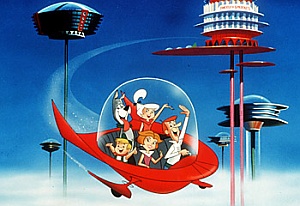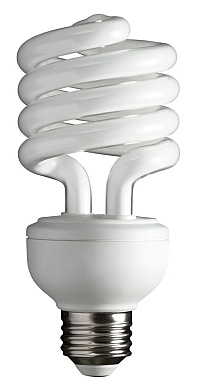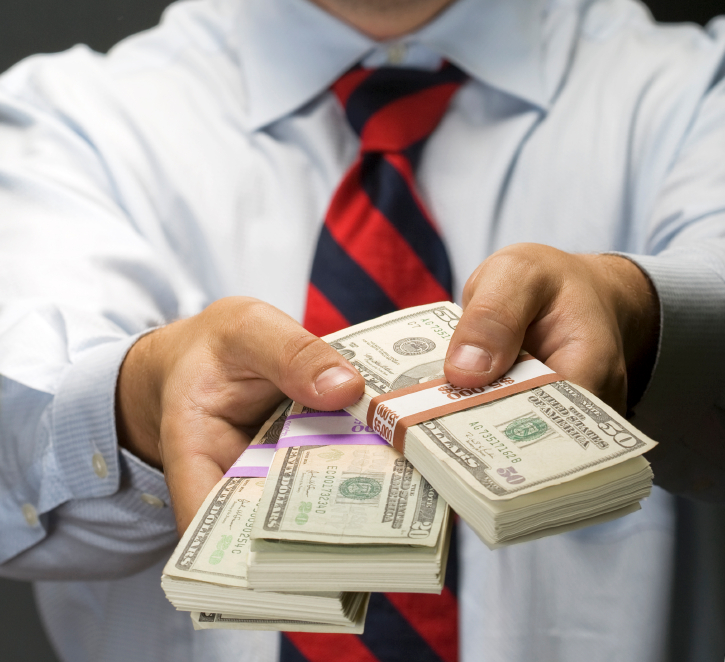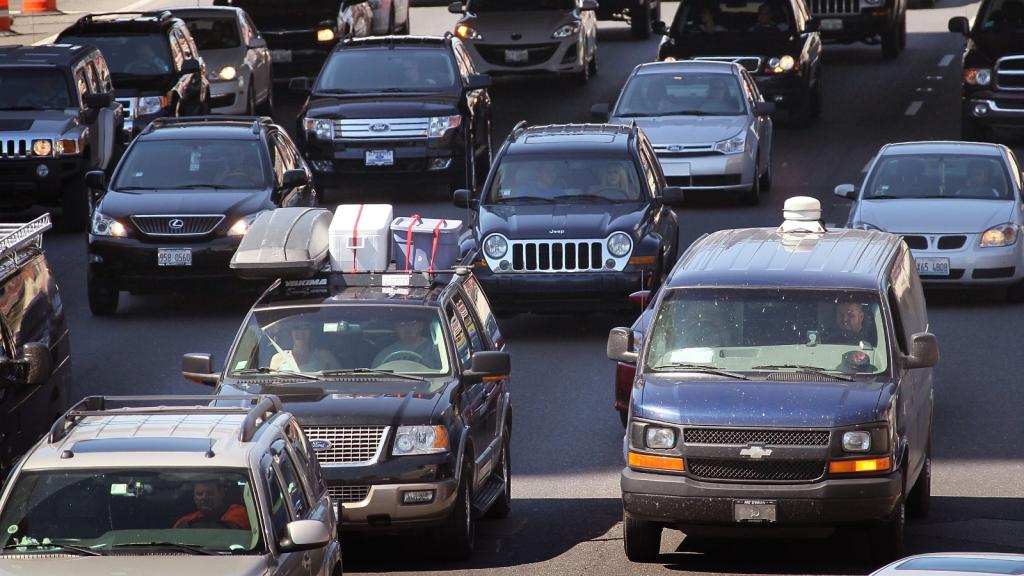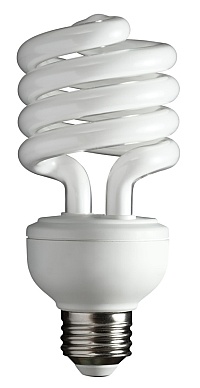
Mention “reducing demand” to Average Jane American and she’ll assume you mean conservation: turning off lights, drying clothes on a clothesline, riding a bike to work, wearing a sweater when it’s cold inside. And when she thinks conservation, she’ll generally think, ugh, there go the dirty hippies telling me to feel guilty and be miserable again.
Both these associations are bogus.
First, when energy wonks talk about demand reduction, they usually mean efficiency. That means consuming the same energy services — the same “warm showers and cold beers” — using less energy. For instance, driving a Prius rather than a Taurus offers the same comfort and mobility while using less gas.
The distinction matters. Efficiency can boost economic productivity and reduce emissions simultaneously; McKinsey says it can get us 40 percent to where we need to go, at negative cost (that is, profit). And it doesn’t require any individual lifestyle changes, so it’s not as politically perilous.
Conservation is a tough row to hoe because people associate it with sacrifice — shivering in the dark. What’s poorly understood, perhaps because greens aren’t very good at painting the picture, is that many changes that reduce individual energy consumption increase quality of life. Living in walkable, transit-accessible neighborhoods can lower gasoline consumption while improving health and sociability. Raising food in a garden is rewarding; shopping at farmers markets is fun; having fresh, local food to eat is, well, tasty. Doing more socializing and less TV watching/web surfing increases life span.
The high-speed, high-consumption American lifestyle is no longer increasing happiness. Slowing down, spending time rather than money, can be enormously gratifying. The greener life is a better life. (For more on this, see Bill McKibben.)
